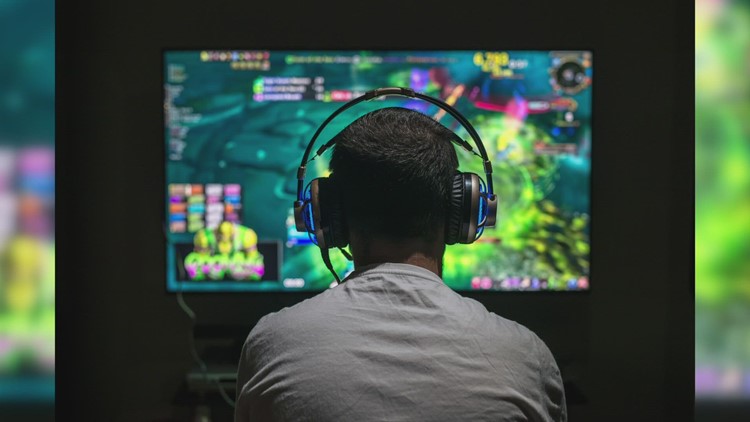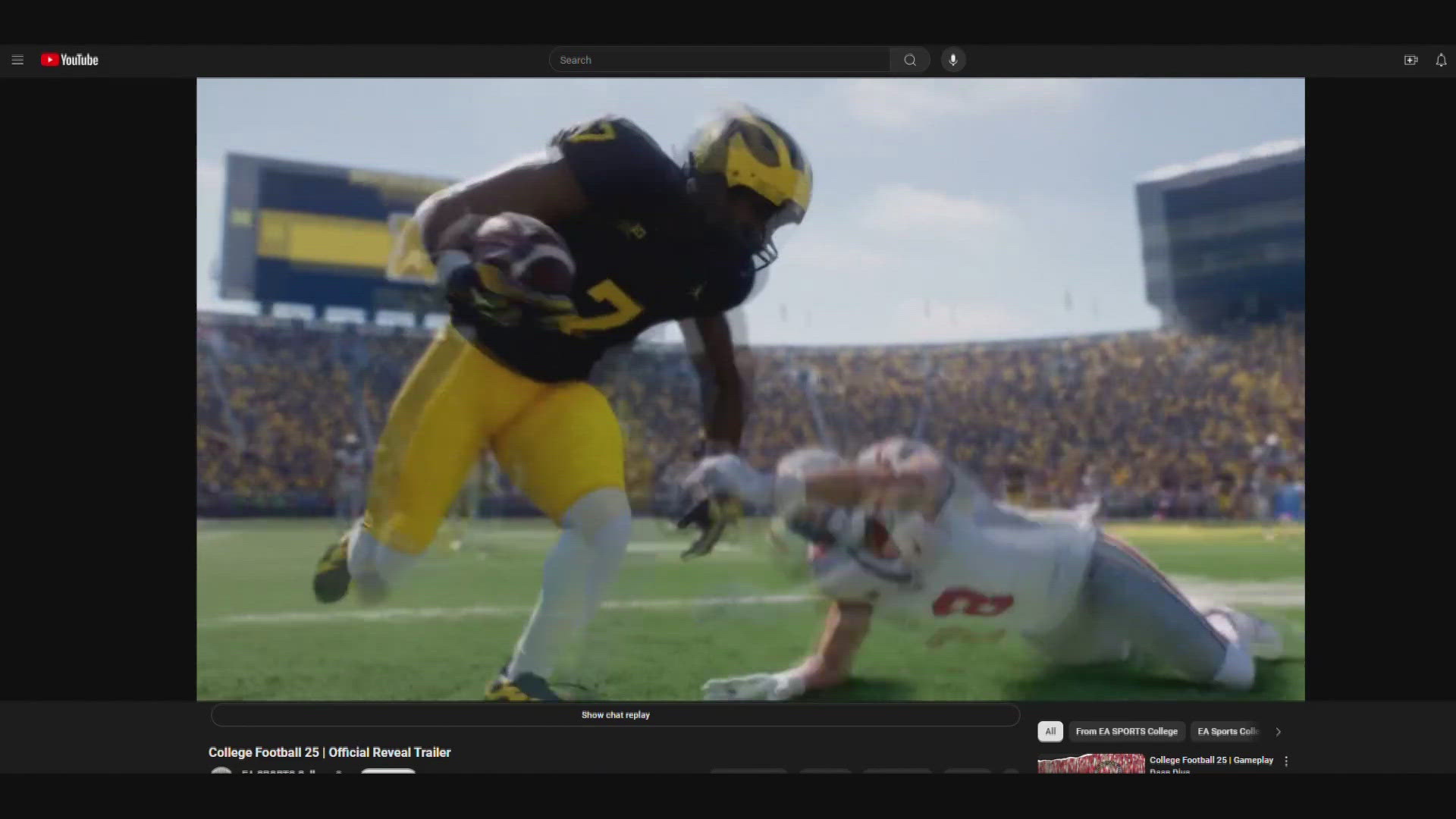WATERVILLE, Maine — For years colleges have scouted basketball, football, and soccer players, but now they are looking for a new kind of athlete. Schools are granting scholarships to the best video gamers in hopes of creating top-notch Esports rosters.
According to the National Association of Collegiate Esports (NACE), there are more than 170 institutions in the U.S. that have launched varsity Esports programs.
For the past five years, Thomas College in Waterville has been building its program and now has 31 varsity Esports athletes competing on a national level.
“Our Esports team is just like any other sport. They have study sessions together, and physical practices. They have their competitions every day. They have a team uniform. It is taken very seriously here,” MacKenzie Young, director of marketing and communications at Thomas College, said.
Playing a sport is one thing, but now Thomas College is offering Esports management as a major. Young said by playing these video games, students can prepare for a career in cyber security or business, with the skills they acquire, like team building, time management, and writing.
But what are Esports?
Thomas College Varsity Esports Coach Owen Vining explained the variety of games and genres athletes play. He said the most popular game currently is Rocket League, a three-on-three soccer game using cars. Other games include five-on-five chess, a battle arena game called League of Legends, and first person shooter games, like Valorant or Overwatch 2.
Vining said traditional sports might be more physically taxing, but said Esports can be more mentally taxing. He said his athletes learn problem-solving skills each game and have a chance to review their choices good or bad, in real time.
Although his team hasn't suffered any injuries this year, Vining said they stretch before each practice, to avoid wrist injuries.
RELATED: The Olympics runs video game competitions, but it’s not an official sport at the Summer Games
Fearless leader
Team captain Connor Eide said he started playing Esports his junior year of high school after COVID-19 derailed his football season.
"I joined because I had always played video games and figured I could use Esports as an outlet for my competitiveness, and I am so grateful that I did.”
Eide said several schools across the country offered him Esports scholarships his senior year of high school, but he chose to attend Thomas College. He said aside from physical exertion, Esports aren't very different from traditional sports in the sense that it requires commitment, mental focus, hard work, and overall skill.
“Esports is the fastest growing sport out there, and I think it will stay that way for many years,” Eide said, adding his team practices together 8-10 hours a week and most players continue practicing on their own anywhere from 25-40 additional hours.
“I think Esports provides an avenue for people who could not get into other sports to express themselves competitively, but as someone who was a huge athlete growing up, Esports are for everyone,” he said.
To learn more, click here.



